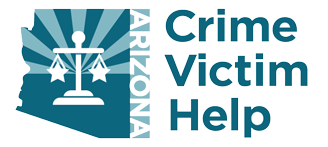Protecting Your Credit
When a crime happens and your finances are affected, it can be challenging to keep up with regular bills and payments. Taking steps to protect your credit after a crime may help prevent future financial troubles.
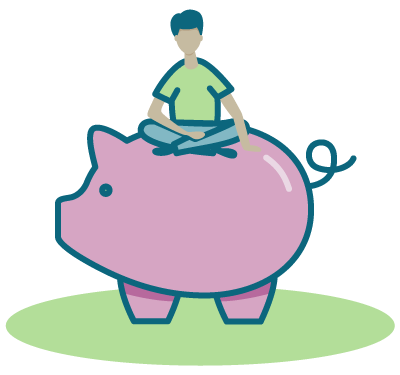
Credit Card, Loan, or Car Payments
If a crime has made it difficult to make credit card, loan, or car payments one of the most important things a victim can do is communicate with the bank or lender.
Learn more about how to communicate about payments:
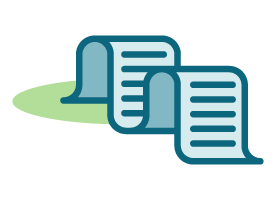
Review your finances to decide what amount of payment can be made, if any, and for how long
Be ready to share with the bank or lender what type of payments you can make.
Contact the lender to talk about alternative payments.
Contact the lender to talk about alternative payments.
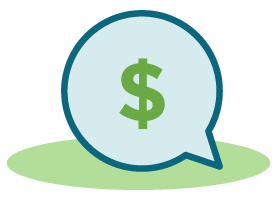

Regularly communicate with the lender. Creditors may be more likely to work with you when they know what is going on.
Always get any agreements in writing. This includes any payment agreements the lender agreed to accept.

If you are sued for unpaid debts, seek legal advice right away.

If you are having difficulty making student loan payments, different options may be available:
Contact your loan servicer to discuss alternative repayment arrangements. Your loan servicer is the company the federal government has assigned to handle the billing and other services related to your federal student loan. To find out who your loan servicer is, call the Federal Student Aid Information Center (FSAIC) at 1-800-433-3243
Federal student loans can be repaid through income-based repayment plans. Contact your servicer to figure out whether you qualify.
Contact your loan servicer for private student loans to discuss alternative or income-based repayment arrangements.
Be prepared to discuss your financial situation and monthly income and expenses with the servicer or lender.
Student Loan Resources
Debt Collections
A debt collector may try to contact you if they believe you are behind on payments or have not paid a debt. It can feel overwhelming to get telephone calls or mail about a debt owed but not responding to debt collectors might make a tough situation worse.
There are rules about what debt collectors can do and how they communicate about a debt.
Debt collectors are not allowed to:
There are rules about what debt collectors can do and how they communicate about a debt.
Debt collectors are not allowed to:
Call before 8:00 a.m. or after 9:00 p.m.
Call repeatedly. If this happens, keep a list of the day and time they call.
Call someone at work after they have been asked to stop.
Contact neighbors, friends, or relatives when they know how to contact someone directly.
Threaten to file criminal charges or put someone in prison if they do not pay.
Pretend to be someone else.
Call repeatedly. If this happens, keep a list of the day and time they call.
Call someone at work after they have been asked to stop.
Contact neighbors, friends, or relatives when they know how to contact someone directly.
Threaten to file criminal charges or put someone in prison if they do not pay.
Pretend to be someone else.
If contacted by a debt collector or if you receive notice of a debt:

Open and read all mail.
Investigate whether you owe the debt.
Investigate whether you owe the debt.
Keep a record of accounts, payments, and correspondence to reference later.
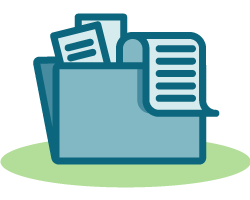
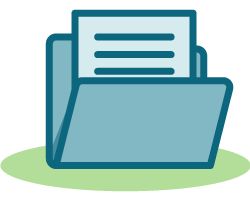
If you are uncertain whether you owe the debt, send a letter to the collection agency or creditor, and ask for an accounting – a description of the debt, how much is owed, who it is owed to, what the debt is for, etc. The Consumer Financial Protection Bureau has sample letters you can view.
Always get any agreements with debt collectors about payments or the amount owed in writing.

If you are served with a lawsuit or document titled “Summons” or “Complaint,” seek legal advice right away.
Housing and Utility Payments
What if I cannot afford to pay my rent?

Contact the property owner as soon as possible to discuss alternative payment arrangements.
Make sure to get any agreements or arrangements with the property owner in writing.
Review all monthly bills to figure out if it is possible to make a partial rent payment.
Make sure to get any agreements or arrangements with the property owner in writing.
Review all monthly bills to figure out if it is possible to make a partial rent payment.
Reach out to local community action programs, state and city government agencies, and social service programs and ask about financial help for rent.
Learn more about eviction help and resources at AZEvictionHelp.
Learn more about eviction help and resources at AZEvictionHelp.
The Arizona Department of Housing maintains a listing of rental assistance programs throughout the state.
What if I cannot afford my mortgage payments?

Contact the bank to discuss alternative arrangements.
Ask the bank about housing counselors and other resources if you cannot make your mortgage payments.
Review your finances to decide what amounts you could pay, if any, and for how long.
Be prepared to share that information with the bank or financial institution.
Ask the bank about housing counselors and other resources if you cannot make your mortgage payments.
Review your finances to decide what amounts you could pay, if any, and for how long.
Be prepared to share that information with the bank or financial institution.
Stay in communication with your creditors, they may be more likely to work with you when you contact them regularly.
Make sure to get any agreements or arrangements with the bank or mortgage company in writing.
If you are at risk of foreclosure, seek legal advice right away to avoid losing your home.
Make sure to get any agreements or arrangements with the bank or mortgage company in writing.
If you are at risk of foreclosure, seek legal advice right away to avoid losing your home.
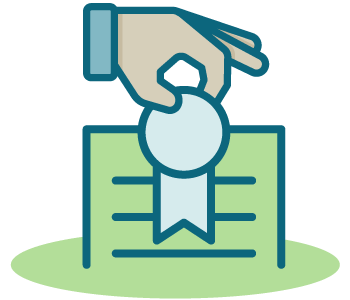
For more options, contact the Arizona Foreclosure Helpline
What can I do if I fall behind on homeowner’s association dues?
Contact the homeowner’s association to discuss whether you can make alternative payment arrangements.
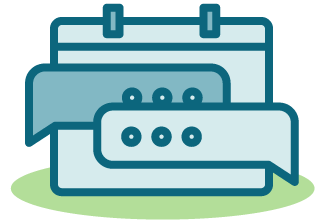
Review your finances to figure out what amounts you could pay, if any, and for how long.
Make sure to get any agreements or arrangements with the homeowner’s association in writing.
If you are sued for unpaid homeowner’s association dues or fees, seek legal advice right away.
Make sure to get any agreements or arrangements with the homeowner’s association in writing.
If you are sued for unpaid homeowner’s association dues or fees, seek legal advice right away.
What if I cannot afford to pay my utilities?
Contact the utility company to discuss whether they will accept alternative payment arrangements.
Reach out to local community action programs, state and city government agencies, and social service programs and ask about financial help for utilities.
Reach out to local community action programs, state and city government agencies, and social service programs and ask about financial help for utilities.
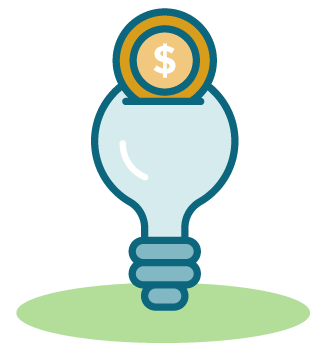
Arizona’s Department of Economic security maintains a listing of utility assistance programs or you may want to call 2-1-1
